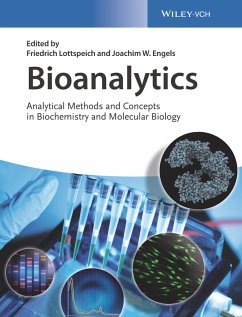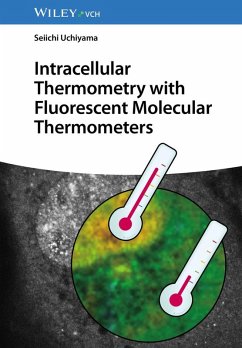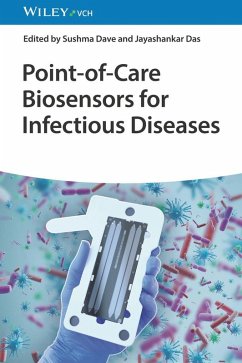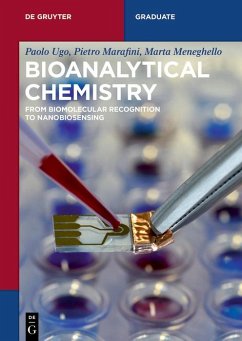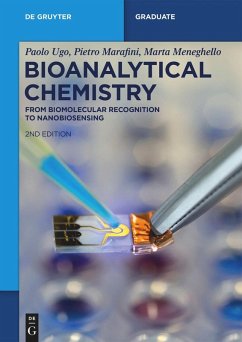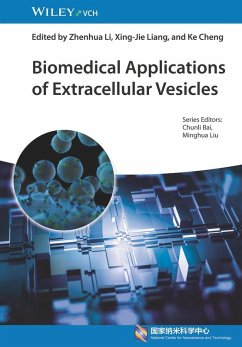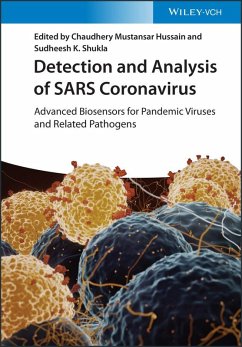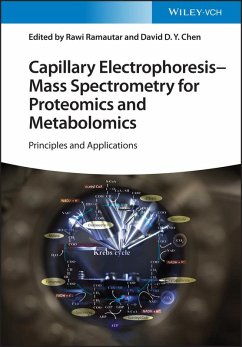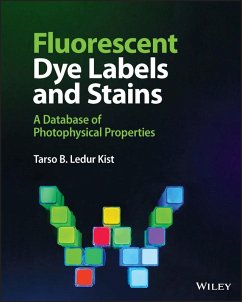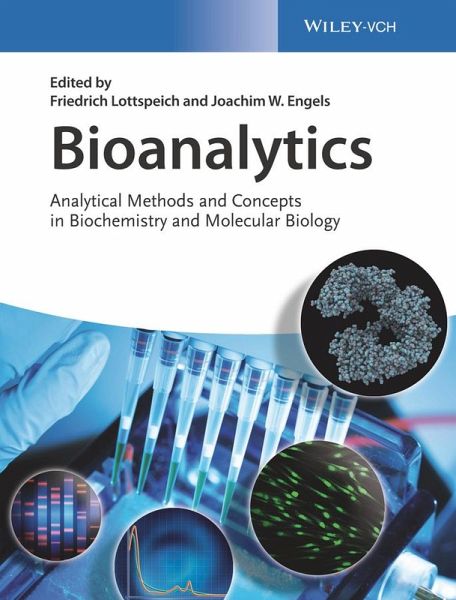
Bioanalytics (eBook, ePUB)
Analytical Methods and Concepts in Biochemistry and Molecular Biology
Redaktion: Lottspeich, Friedrich; Engels, Joachim W.
Versandkostenfrei!
Sofort per Download lieferbar
93,99 €
inkl. MwSt.
Weitere Ausgaben:

PAYBACK Punkte
0 °P sammeln!
Das wohl umfassendste Lehrbuch zu Methoden der modernen Biowissenschaften. Die physikalischen und chemischen Grundlagen sowie die Stärken und Schwächen jeder Methode werden detailliert erläutert.
Dieser Download kann aus rechtlichen Gründen nur mit Rechnungsadresse in D ausgeliefert werden.




